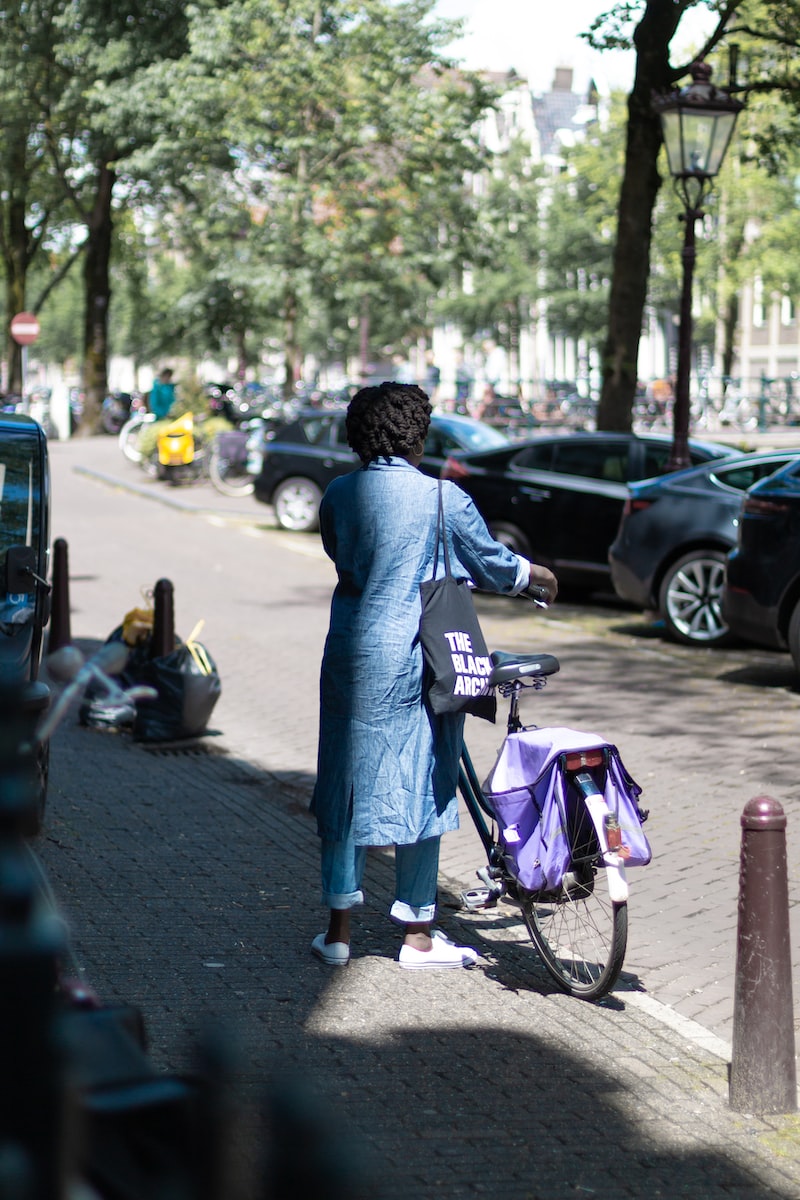According to recent data by the government’s SCP socioeconomic think-tank, over half of the children of immigrants in the Netherlands say the country is not hospitable for people from other origins and many of them face discrimination firsthand. According to the survey’s preliminary findings, they are also more inclined to distrust the government and feel alienated from society.
The SCP examined seven population groups’ experiences, including those of Somalians, Iranians, and Poles as well as traditional immigrants from Turkey, the Moroco, Suriname, and the Caribbean. The survey indicated that despite having higher educational opportunities and job prospects than their parents, immigrant children are more likely than their parents to experience exclusion and discrimination.
The SCP claimed that this exemplifies the integration paradox, which holds that people who are most “rooted” suffer from discrimination the most. The SCP stated that the second generation is “more conscious of political and social conversation concerning integration, migration, racism, and Islam” in addition to having more exposure to discrimination through the workplace. Read the English report summary. All of this, according to the SCP, fuels doubt about the prospects and opportunities available to people of color.
This may serve as motivation for people to speak up against exclusion, as was the case in recent years, for instance, during the Black Lives Matter demonstrations and the Zwarte Piet debate. Politicians The majority of Surinamese and Caribbean-born people report feeling discriminated against and underrepresented by politicians. Less likely to feel alienated are immigrants from Iran and Somalia who immigrated to the Netherlands, although the second generation is more prone to worry about the future.
According to the SCP, Polish immigrants also face a lot of discrimination. Numerous studies demonstrate that racism does exist in the Netherlands. Although past studies have shown they are concerned about the impact on jobs and housing, the report also revealed that more than seven in ten native Dutch people are enthusiastic about the rise in cultural diversity in the Netherlands. However, the SCP asserted that the research shows that, in addition to the traditional focus on integration and enhancing immigrants’ socioeconomic standing, national policy should place a high priority on ensuring that individuals feel included. Research regularly demonstrates that persons in the Netherlands are more likely to experience discrimination when looking for employment and housing.

